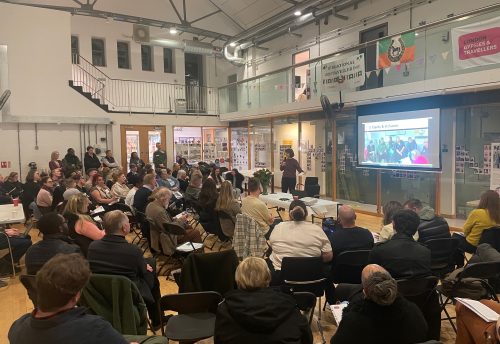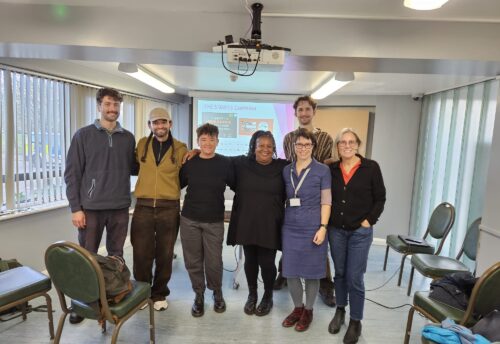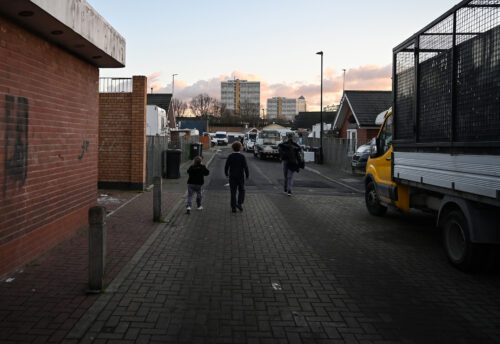An LGT court challenge has dealt a blow to local authorities introducing bans on Gypsies and Travellers camping on open land in London. Following an intervention by LGT, supported by lawyers specialising in human rights, an application by Bromley Council for an injunction prohibiting camping on 171 open spaces and car parks in the borough has been refused by the High Court.
The ruling could have major implications. Over the past two years, 34 councils – including 14 in London – have taken out similar “wide” injunctions which threaten all Gypsies and Travellers with fines and imprisonment if they camp on open land within their boundaries.
London Gypsies and Travellers has long argued that borough-wide injunction orders are a disproportionate and discriminatory response to the accommodation crisis of Gypsies and Travellers. The injunction orders are usually against “persons unknown” and LGT says they effectively criminalise the way of life of a whole group of people recognised as ethnic minorities under the Equality Act 2010.
Now, the High Court has backed their stance, following LGT’s intervention in Bromley Council’s application for a wide injunction. Bromley had sought to prevent people from occupying or camping on parks and car parks. The High Court refused to grant this and instead made a much more limited injunction preventing people from fly-tipping, depositing substantial amounts of waste, or entering parks and car parks in vehicles for the purposes of waste disposal or fly-tipping.
Debby Kennett, Chief Executive of London Gypsies and Travellers, said she was absolutely delighted with the outcome. “The Judge recognised that Gypsies and Travellers have been present in this country for hundreds of years and that their traditional way of life is protected under human rights and equalities law. She referred to the shortage of sites and stopping places and also the cumulative impact of these injunctions on the Gypsy and Traveller community across the country.”
“The judge also recognised that simply pushing families out of one area into another was not a solution and criticised Bromley for not considering alternatives. Her decision to reduce the scope of the injunction, to include just those depositing waste or fly-tipping and not simply those occupying the land, was very significant. It finally distinguishes the issue of roadside families’ accommodation need from the problems caused by those engaged in waste crime.”
“We invite all local authorities who have obtained or are considering seeking such an injunction to consider this judgment carefully.”
Debby Kennett said LGT was hugely grateful to Marc Willers QC and Tessa Buchanan from Garden Court Chambers and Chris Johnson from Community Law Partnership for representing LGT pro-bono and for presenting such a strong case.
Pictured: Debby Kennett (right) with barrister Tessa Buchanan outside the Royal Courts of Justice.


